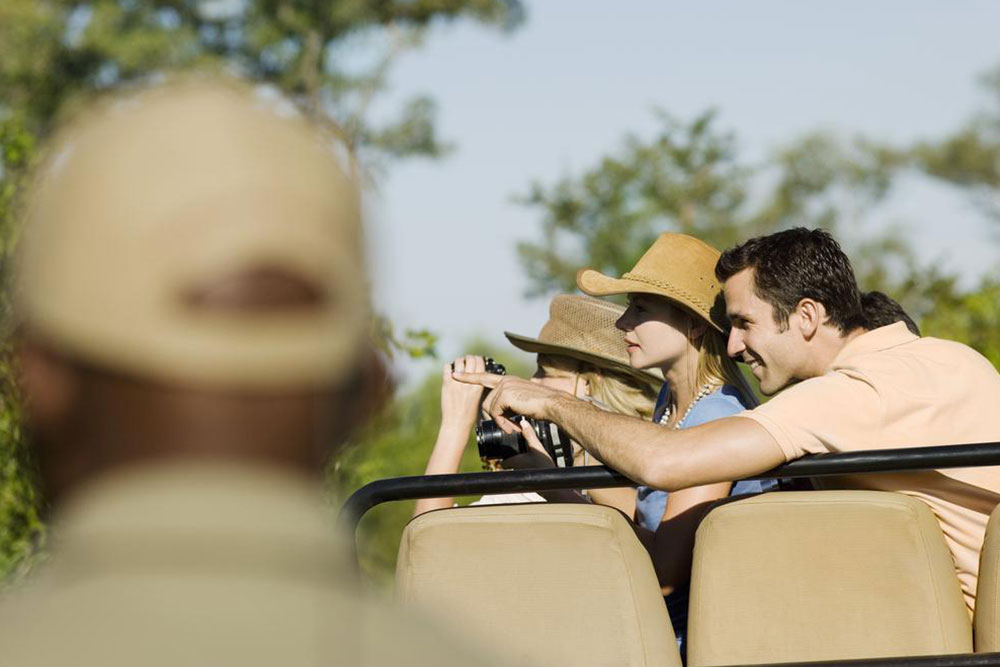Helpful Tips for Your First African Safari Tour
Going on a safari tour for the first time probably sounds exciting. However, you can’t deny that you may have a lot of questions. Once you are on the trip, where to go and what to do will be recommended by the guides. Regardless, you need to know some practical tips to be ready to face any challenges on your African safari tour.

One thing you can be sure of is that none of the pictures or videos you have seen on the Internet do justice to the mesmerizing experience of watching African animals in the wild in person for the first time.
Now that you have a brief idea of what Africa offers, you should also know that not every single second of your tour will be filled with majestic animals and unforgettable landscapes. To get to a single location, you might have to drive for hours with absolutely nothing on the way to look at.
No matter how long or hard it is to travel between locations, in the end, it will be completely worth the effort. To make your efforts easier, here are some tips:
Do’s and don’ts of African safari tours
Be open-minded and flexible: Each safari tour has its own unique specifications. Hence, it is necessary to be open to all possibilities. Sometimes, the ride may take more time than expected or it could be tougher and more uncomfortable than you thought. It’s better to be prepared for both the cold and the heat. Other issues you might have to tackle are the sun, wind, flies, and mosquitoes.
While the majority of a safari tour involves driving on sand or gravel roads, your driver may choose to cross a stone field, a river, or drive through the bushes. While on an African safari tour, you should be prepared for any possibility.
Obey the rules and stay safe: While you might be in Africa to unwind and relax, do not forget that the rules have been put in place for a reason. The primary one is for your own safety and well-being. The most common rule that guides ask travelers to follow on a safari tour is to stay in the vehicle at all times.
Animals in their natural habitat are camouflaged and often don’t show themselves easily. Hence, it is important to listen to your guide on how to approach these animals. One such example is to not get too close to the elephants, being quiet, watching your hands when close to the wild cats, and not being anywhere near the water inhabited by hippos. A lesser-known fact is that hippos are highly aggressive and considered to be the most dangerous of African animals.
Ask questions: If you are an animal lover and want to know more about them, an African safari tour is a jackpot for you. Your accompanying safari guides hold great knowledge of these animals and are readily willing to share it.
Ask for halts: The idea of a safari tour is to not only have a close-up experience but also to soak in all you can with the time you have. If you feel like you are rushing through a game drive, ask the guide to go slower.
What to pack for an African safari
For most travelers, Africa can be very far away. Hence, it is important to pack all the items that you might need on your trip to this wild destination. Here is a list that might help you.
Soft-sided travel bags: Whether you join an organized tour or take a private trip, it is important to pack light. The best option is to carry a soft-sided duffel bag. It is not recommended to carry hard-shell suitcases on your trip to Africa. Not only are they not allowed on a group tour or a small plane, but they are also very impractical.
Camera equipment: While smartphone cameras have come very far in terms of picture quality, they are still not enough to capture the true beauty of what you see in Africa. Take your absolute best camera and the best lens you can afford along with you. Remember to pack multiple high storage memory cards to store all those countless snapshots of nature and wildlife.
Electrical adapters: While the beautiful continent of Africa may offer you many once-in-a-lifetime chances, it does not offer you standard electrical adapters. Hence, it is better to carry your own.
Binoculars: Chances are that you will spot many animals and birds from afar. Hence, you should carry your own binoculars to help you get a clearer look. If you are going on a family vacation, ensure that every person has a pair, or at least the children do.











